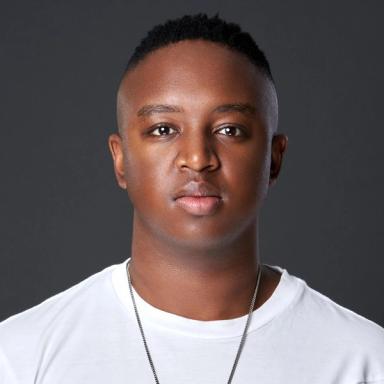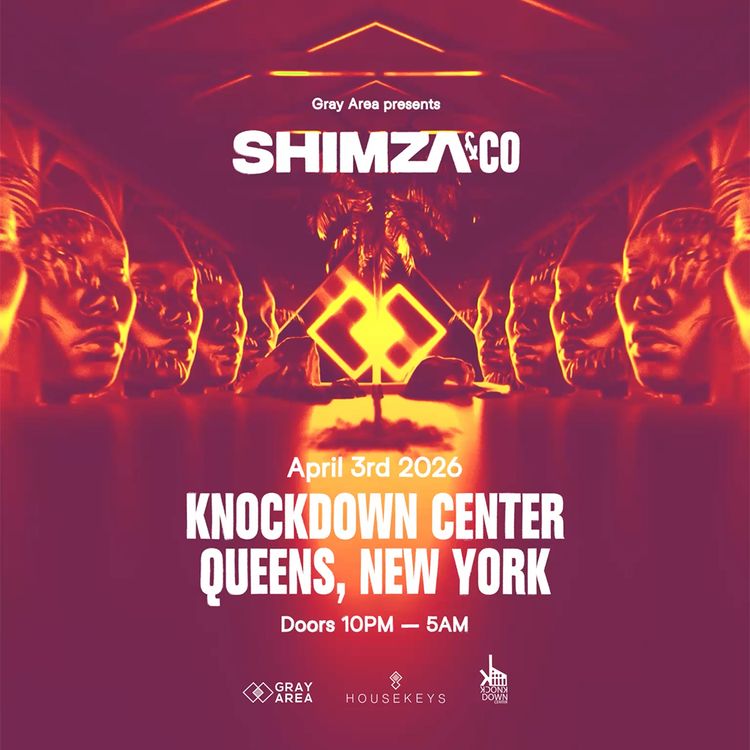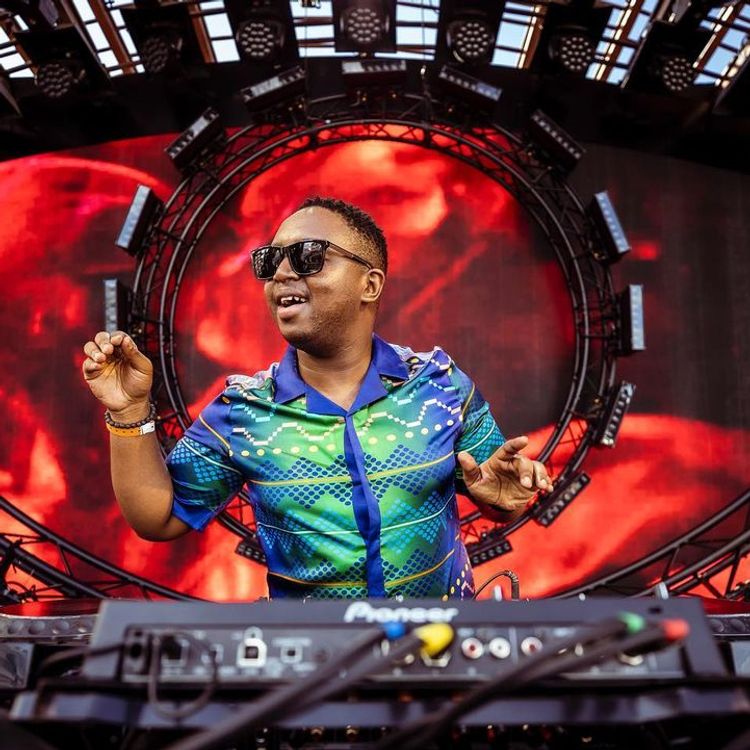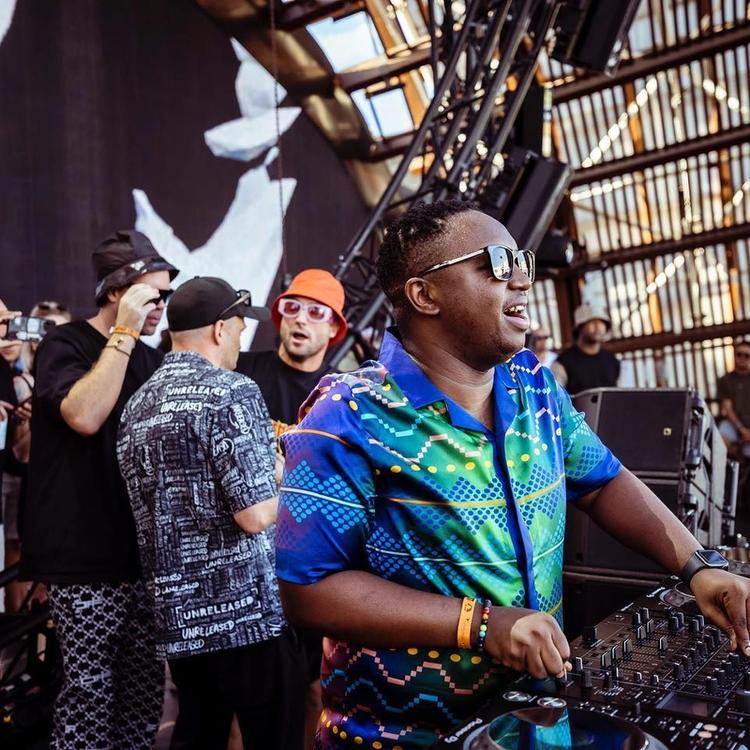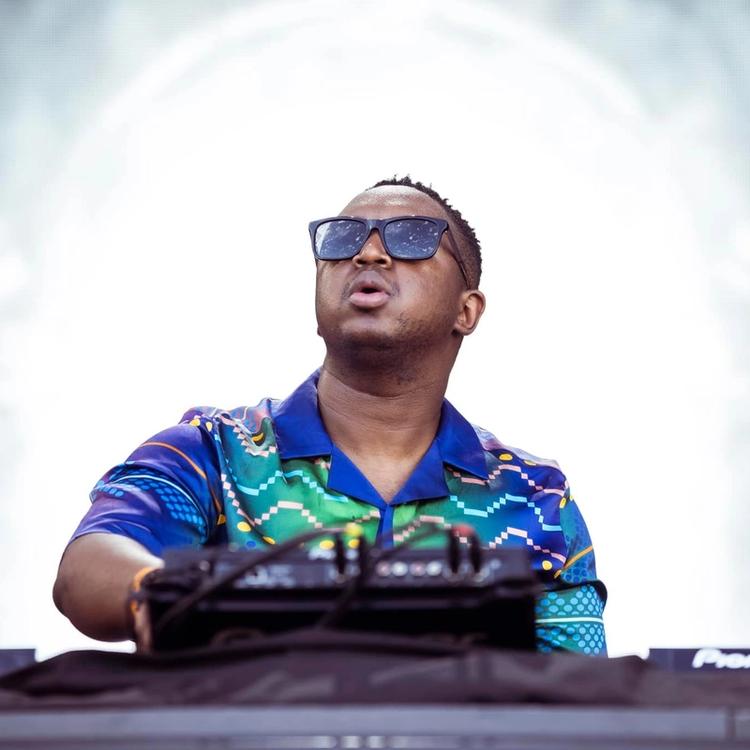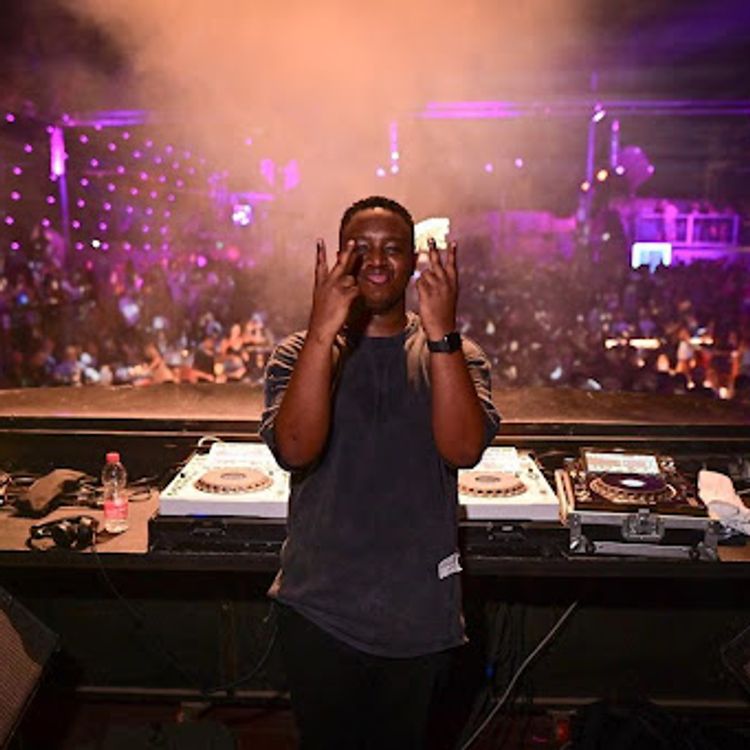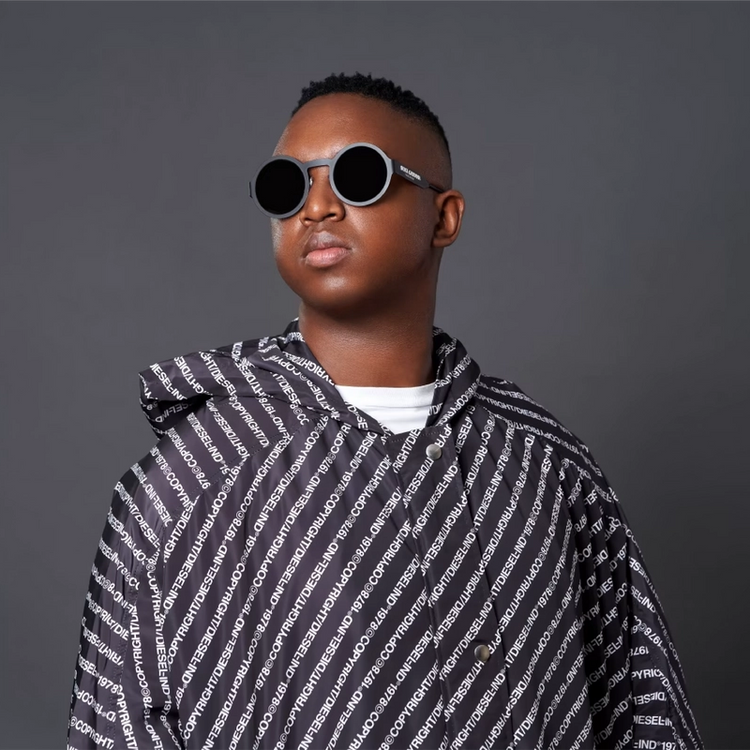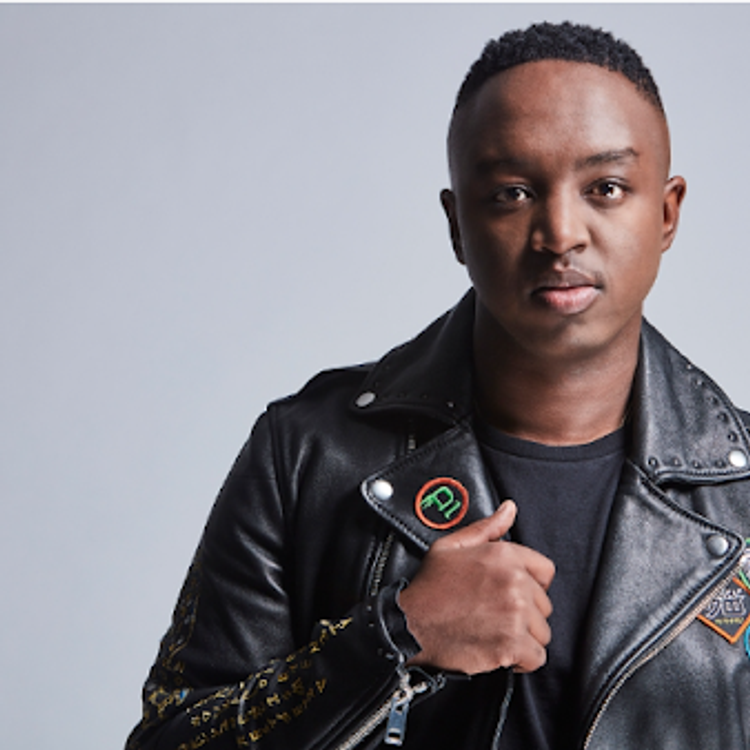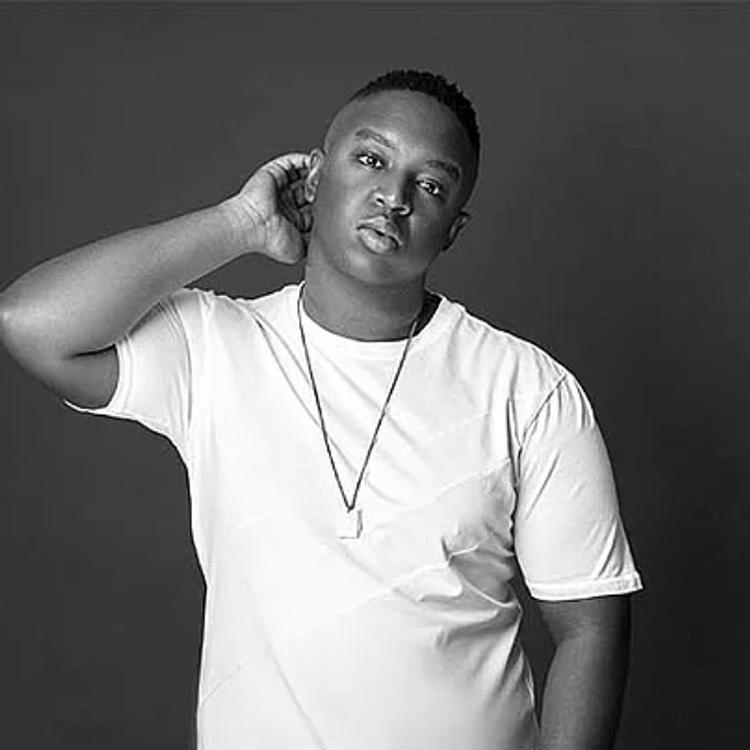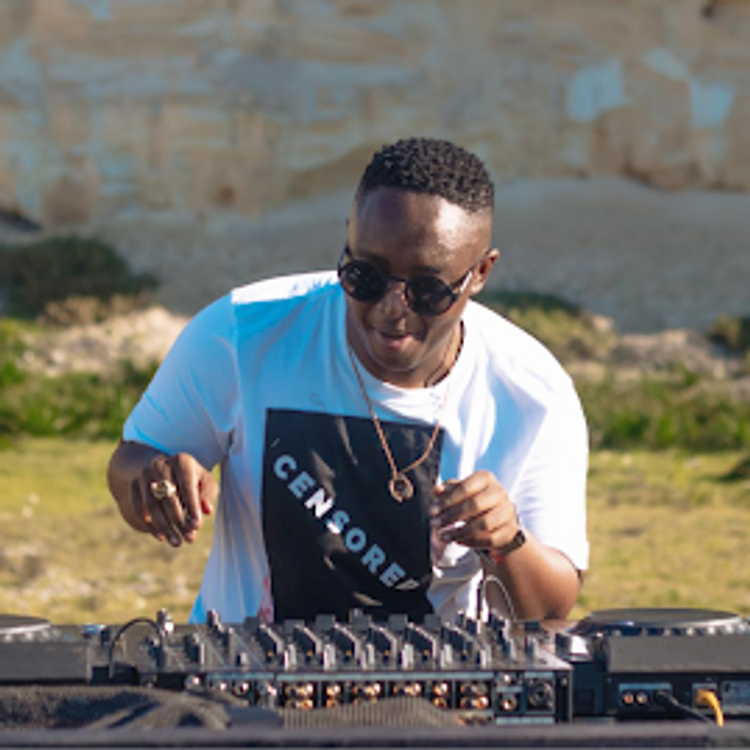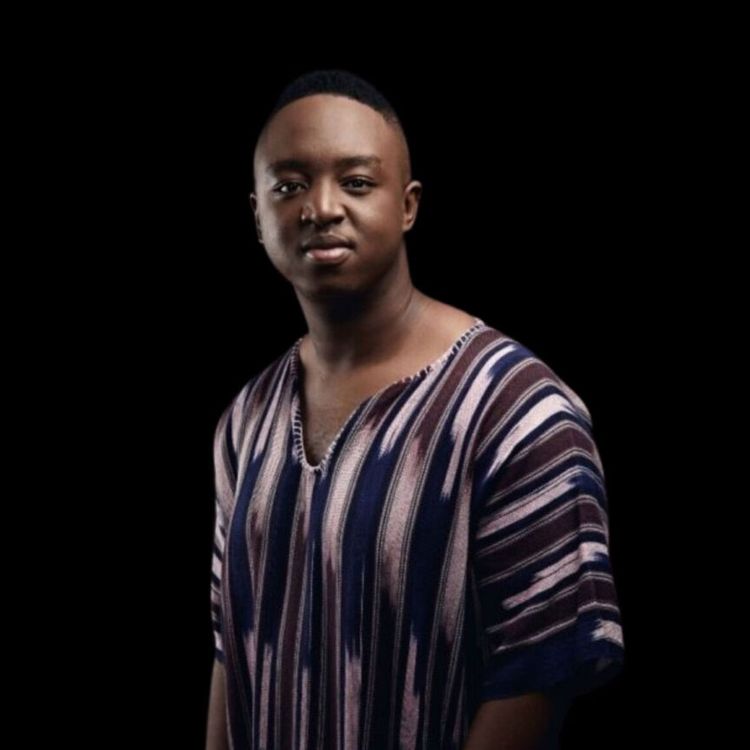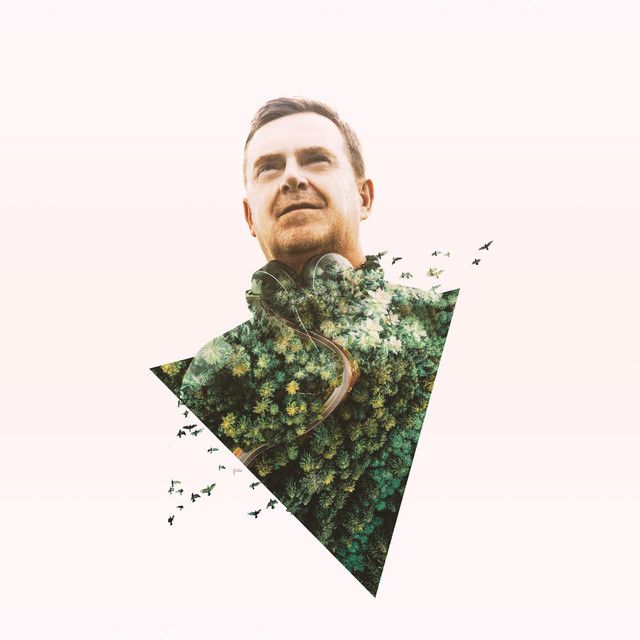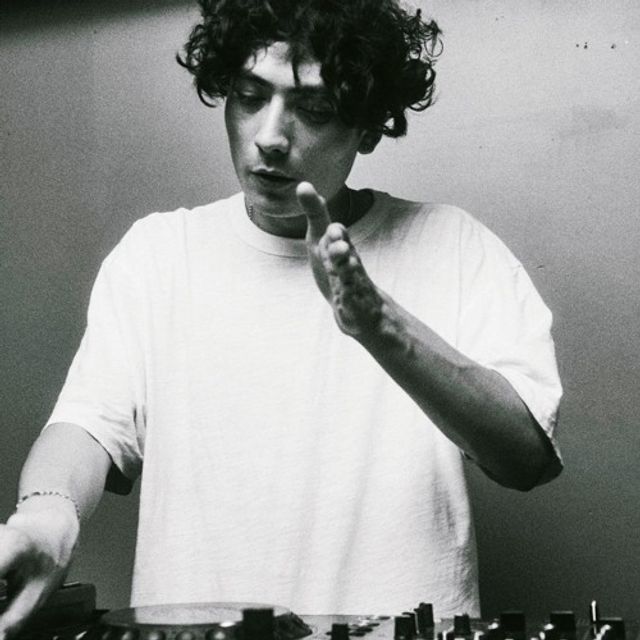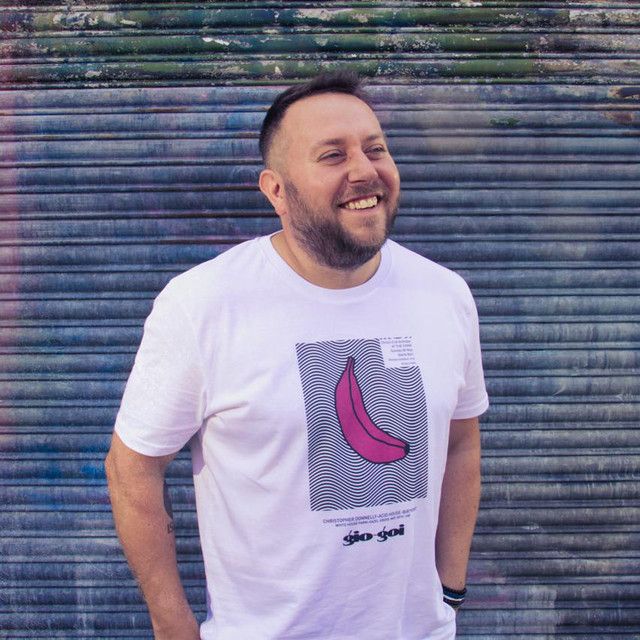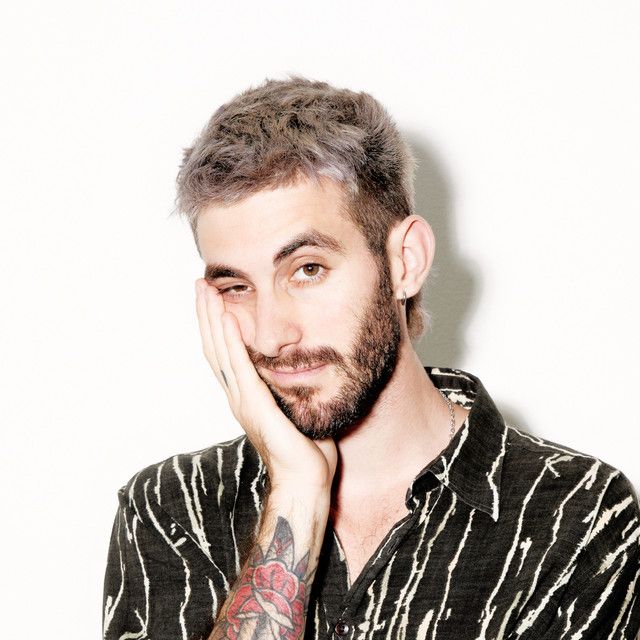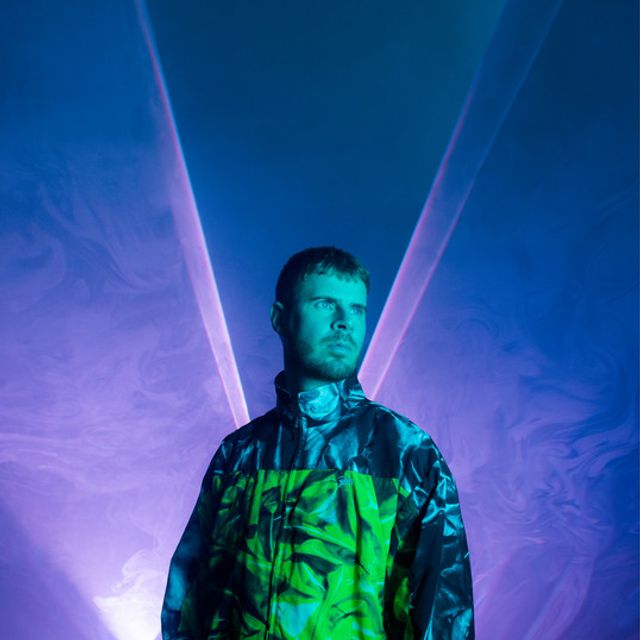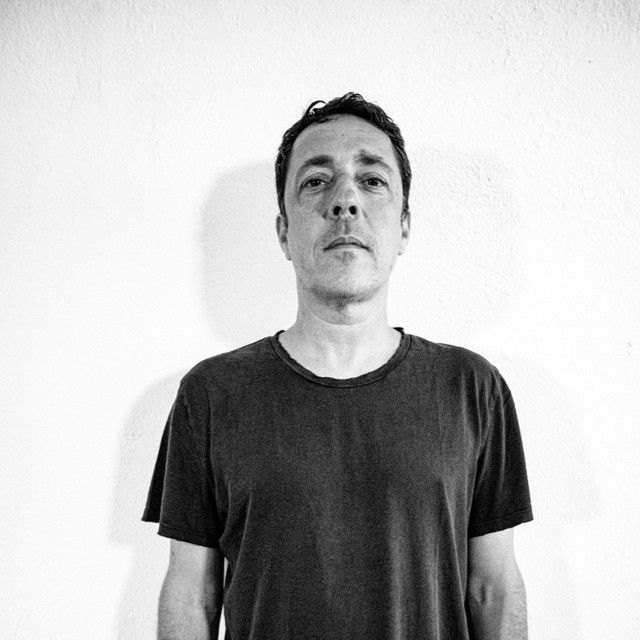Artist Spotlight
Combining his unrelenting passion for music with an inextinguishable desire to positively impact his community, Shimza is a totem figure in South Africa's music scene and arguably the leader of the new Afro tech movement. Renowned for his deep and rhythmic strain of underground music, Shimza's back catalog includes his full-length Shimuzic album and a long list of collaborations and singles, from his stunning collaboration "Uwrongo" with Prince Kaybee, Black Motion, and Ami Faku, to his Eminence EP on Cadenza and his Kings And Queens EP on Knee Deep In Sound. After making worldwide waves on those two landmark imprints, Shimza launched Kunye (which means together in Xhosa/Zulu) Records in November 2020, a label that bridges South Africa's emerging producers and the global stage. Inviting a selection of artists to perform in KUNYE's weekly livestream sessions, Shimza formed a new movement for Afro tech while amplifying the label's mission to unite people through the love of music. Let's go back to the early days. How did you get started as a DJ? It stemmed from the love of music that I grew up around. My parents and my brother used to play a lot of music in the house, and I think by that time, there was a youth radio station, which was starting in South Africa called Y-FM, which was very on the piles and pushing new music to people. We were exposed to much more music as a country, South Africa. We were exposed to new music from all around the world. I think that influenced me into loving music and wanting to be a DJ. What were some of your main creative challenges when you started, and how have they changed over time? My biggest challenge was obviously learning how to DJ, which took a lot of practice, but over time, that got better. Even now, I listen to music that I'm going to play. I don't sit and practice DJing anymore because I feel like I've got the rhythm. Now it's just my brains and putting together music that I've got during the week or some of the new songs that I think will make sense for my sets. But obviously, you have the normal challenges as a young, up-and-coming DJ or a producer where you need certain doors to be opened for you, which is not that easy. With time, patience, and always trying to prove yourself, you'll always find a way to open those doors. In 2020, you launched Kunye Records. Could you tell us a little bit about this project? How did it come to life? Kunye records is our voice as South African artists in the Afro sound. We're using that vehicle to push our music out to people. We're creating our own parties that play that sound we've commercialized. We are literally opening up the space for people to learn about the music. To say yes, we can come as Shimza, Da Capo, Zakes Bantwini—as individuals. But we have a movement that we can come with as a collective that will properly express how our music is and properly deliver it how we would want people to learn about the music. So, it has been doing very well. What do you hope for the future of Kunye? What plans do you have for it? Our events have been growing over the past year or so. We plan on taking everything all around the world, doing remixes with international artists to expose the music to a wider audience. Most of it is mainly just putting on guys that ordinarily wouldn't [have] such big labels support them because of the type of music they make, which is not really radio commercial stuff. So, we want to use Kunye as a vehicle to drive our music. We remember your performance at Robben Island on Nelson Mandela Day in 2020 as you were the first South African to have a musical performance there. What did that special moment mean to you? I feel like we were in a space during COVID where we felt like nothing really mattered, and I needed to use my music to inspire people—too say, "Guys, this is a place that had a lot of hardship." It carries a lot of bad vibes for a lot of people that were on that island suffering and being mistreated somehow. And here we are years later, and we can express ourselves the way we want to because of the sacrifices that people who were on that island made for us as South Africans. So, I used my talent to recreate that story and give it a much more appealing and relatable way for young people to want to learn about our culture and where we come from as a country. What better way than to use music, which helps us connect with every generation in South Africa? That was one thing that really inspired me to teach the young people who follow me about our history. Because when they see me playing on this island, they ask themselves, 'Where's this guy? Why is it so important that he is doing this thing on Robben Island?' So then we get to educate young people, and hopefully, they will also learn and teach other generations so that our history does not fall with the past. We keep it going and keep educating people about where we have come from as a country. The music coming out of Africa is currently driving the sound of the global dance scene. What are your thoughts on how African dance music is being embraced? It's doing quite well, and we're seeing ourselves being embraced in different parts, which really matter to the growth of our music. Like today I'm playing in Ibiza at Ushuaïa for the first time, and as one of the Africans that are going to be on that stage, it's quite amazing that someone decided that this will work for what we are trying to do. It's something fresh, and we want to give it the platform to shine. It's all up to us to make sure that we open up those spaces for the younger DJs and producers so that we don't hog the space and say, this is just for me. I think the world is warming up nicely to us. We need to take advantage of this time and make sure we put out as much music and mixes and just connect with the world as much as we can right now. Locally in South Africa, there's such incredible talent. What do you look for when seeking out new acts? Originality and, honestly speaking, effort more than anything. As long as people put effort to make sure that their sound is clean, they become unique in their sound and offering. We're seeing the likes of Mpho.Wav from South Africa, we're seeing it with Inuna Aba, who is also doing well in the international markets, and a lot of other African artists like the guys from Gondowana are putting out music from everywhere that's quite cool. We're all pushing in different directions. And I think the more we do, the more we inspire, and the more we will grow as a community. Do you think there's a certain responsibility when it comes to more established artists cultivating new talent and sharing the opportunities? It's not a must. You know, we must not think that people who are at the top owe us anything. You need to put the responsibility on yourself to work hard to be noticed so that people see your value in certain spaces and not wait for handouts. It's inevitable when you put in the effort, and people see, and they feel it. It will always come back, and it will always bear the results that you want. The relationship between a DJ and the audience is crucial, and it seems you have mastered this delicate exchange. How do you see the balance between giving the crowd what they want and treating them to something new? It's always a matter of knowing your crowd and what you're giving to them. When we play for totally different crowds, they're more receptive to receive, but if you're playing in a place like South Africa where there's a bigger culture of a certain sound like amapiano, you always have to educate but always bring them back. I don't know how to explain it, but it's an art that I feel, and that's how I think I've managed to stand out as an artist. So I think it's very important to know who you're playing for, what they like, and how you can introduce something new to that audience. Who are some fresh talents we should be listening to right now? Mpho.Wav, for me, is doing quite nice stuff. There's an EP that was just dropped by Frigid Armadillo, and then Vitoto is also doing quite well. I work with him a lot. Artful Fox, brilliant producers, Karyendasoul is working on a new album. Caiiro just dropped. There's just a lot of music that's coming out of South Africa, and I think there's potential in a lot of these guys. Can you hint at any upcoming projects you are currently working on? For now, there's something big that I'm working on with a big UK artist, and then another UK artist hit me up for us to work together. So I think there's a lot of music that I'll be dropping quite soon, a lot of collaborations, and hopefully, work towards an album.
Overview
Ashley Raphala, better known by his stage name Shimza, is a globally renowned DJ and producer who has significantly impacted the afro house music scene. Hailing from Tembisa, South Africa, Shimza's journey in music began in his early years, influenced by the musical environment of his upbringing and the sounds of South Africa's youth radio station Y-FM, which debuted in 1997.
Shimza's passion for DJing was sparked at a young age, and despite initial challenges, his talent quickly set him apart. His career took off after winning the Red Bull Music Academy’s DJ competition, which opened doors to numerous opportunities. Known for his skillful performances and technical abilities, Shimza earned the nicknames "Effect Master" and "Vinyl Assassin," reflecting his expertise in creating dynamic and engaging sets.

One of Shimza's significant contributions to the music industry is his founding of Kunye Records, a label dedicated to promoting African music talent. The name "Kunye," meaning "together" in Xhosa/Zulu, embodies Shimza's vision of unity and collaboration within the music community. Through Kunye Records, Shimza has provided a platform for emerging artists, helping to bring African sounds to a global audience.
Shimza's influence extends beyond the DJ booth and recording studio. He is known for his philanthropic efforts, particularly his annual "One Man Show" event, which raises funds and collects donations for underprivileged communities in South Africa. This initiative highlights Shimza's commitment to giving back to his roots and using his platform for positive social impact.
Throughout his career, Shimza has performed at some of the world's most prestigious music festivals and venues, including Ultra South Africa, SXM Festival, and Paradise Ibiza. His innovative approach to live performances was exemplified in 2020 when he delivered a live stream set from Robben Island, a UNESCO World Heritage site. This performance not only showcased his musical talent but also paid homage to South Africa's historical heritage.
Shimza's discography includes numerous chart-topping tracks and remixes that have garnered international acclaim. His ability to blend traditional African rhythms with contemporary electronic beats has earned him a dedicated global fan base and respect within the music industry.
Shimza remains a pivotal figure in afro house music. For anyone passionate about afro house music, Shimza is a name you need to know. His impact on the genre and dedication to uplifting others through his music make him an artist worth following.
